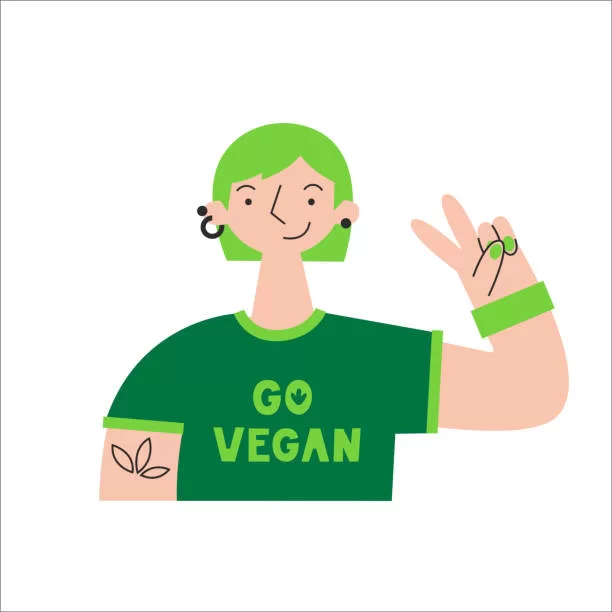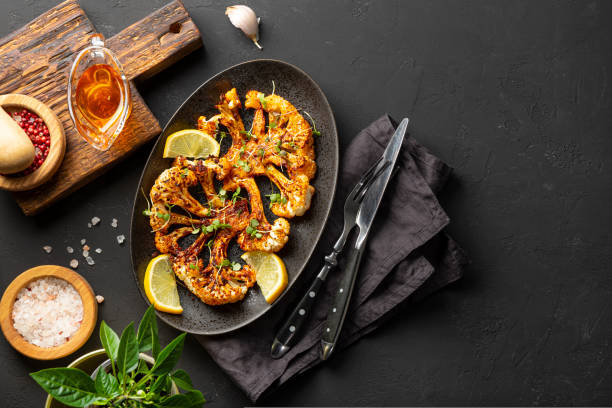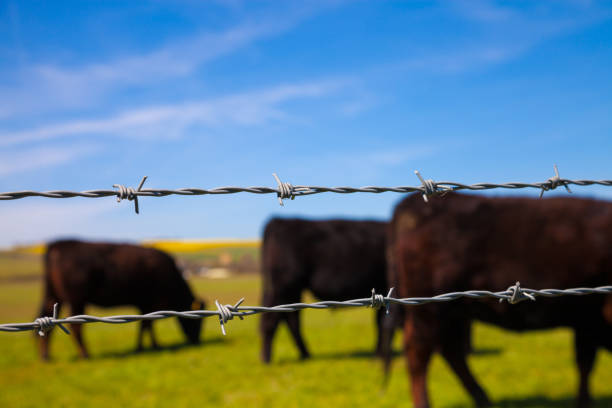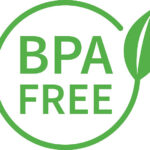Veganism is one of the branches of the Vegetarian diet. The cornerstone of the vegetarian diet is avoiding animal and bird meat eating; still, some of its types, such as pescetarianism, which allows fish and seafood; ovo-vegetarianism does not forbid eggs; while lacto-vegetarianism includes dairy products. The vegan diet completely excludes animal-derived products. Thus, Veganism is the most radical type of a vegetarian diet.

Read this article to find out more about the vegan diet, its principles, benefits, challenges, and more.
Table of Contents
Tracing the Roots
The concept of a vegan diet was formulated in about 1944 by the Vegan Society’s founder, Donald Watson, and its other pioneers; in 1949, Leslie J. Cross finally formed and extended the major principles of Veganism, proposing the idea of “the emancipation of animals from exploitation by man.” The Veganism aim is “to seek an end to the use of animals by man for food, commodities, work, hunting, vivisection, and all other forms of animal exploitation.”
So, the Vegan Society was registered as a charity in August 1964; the society eventually became a limited company in December 1979. Over the years, the definition of Veganism and the society’s objectives underwent refinement. By 1988, the current definition emerged, though the phrasing has undergone minor adjustments.
Definition of Veganism
Now, the Veganism definition is as follows: “Veganism is a philosophy and way of living which seeks to exclude—as far as is possible and practicable—all forms of exploitation of, and cruelty to, animals for food, clothing or any other purpose; and by extension, promotes the development and use of animal-free alternatives for the benefit of animals, humans and the environment. In dietary terms, it denotes the practice of dispensing with all products derived wholly or partly from animals.”
Why do People become vegetarians and vegans?
People become vegetarians or vegans primarily because of ethical principles, ecological concerns (opposing animal cruelty), and health benefits. A few Scientific Research papers confirm that a plant-based diet benefits overall health, can aid in weight loss, and prevents certain diseases. The popularity of the Vegan Diet is bolstered by celebrities like Natalie Portman, Benedict Cumberbatch, Zac Efron, Gisele Bündchen, Ariana Grande, Venus Williams, Miley Cyrus, and Michelle Pfeiffer. Consequently, an increasing number of individuals worldwide are adopting a vegan lifestyle; more than 3% of Americans currently identify as vegans.
Key Components of a Vegan Diet
A cornerstone of the vegan diet is excluding animal products from meals. This includes not only the obvious meat and poultry but fish, seafood, eggs, dairy products, honey (since it is a product of bee activity), and any animal ingredients.
Emphasis on Plant-Based Foods
In lieu of animal products, the vegan diet strongly emphasizes plant-based foods. These include:
- Fruits and Vegetables that are rich in essential vitamins, minerals, and dietary fiber, fruits, and vegetables form the foundation of a balanced vegan diet.
- Grains and Legumes like rice, quinoa, lentils, and beans provide ample protein and complex carbohydrates.
- Nuts, Seeds, and Plant-Based Oils are sources of healthy fats essential for overall well-being.
Health Benefits of a Vegan Diet
Lower Risk of Chronic Diseases
Scientific studies confirm that a vegan diet can substantially lower the risk of chronic diseases, including heart disease, type 2 diabetes, and certain types of cancers. Since plant-based food does not contain such unhealthy components as saturated fats, which are present predominantly in animal-derived products, so veganism is likely to promote cardiovascular health and reduce the likelihood of developing these ailments.
Effective Weight Management and Lower Obesity Risk
A properly balanced and planned vegan diet can assist in weight management since it focuses on whole, nutrient-dense foods.
Plant foods are usually rich in fiber that can help you to feel full and satisfied after a meal, so you are likely to reduce the quantity of your meal, which leads to a healthier weight.
Improved Digestive Health and Metabolism
The plant-based nature of a vegan diet also supports better digestive health. The fiber that is plentiful in fruits, vegetables, and whole grains may aid your digestion and promote a healthy gut environment. Additionally, the plant–based food is rich in antioxidants and phytochemicals, which can substantially boost your metabolism.
Potential for Increased Energy Levels
A well-constructed vegan diet can lead to increased energy levels. Whole plant foods provide a steady stream of energy without the crashes associated with processed foods. Properly nourishing the body with plant-based nutrition can result in sustained vitality.
Nutritional Considerations
Protein Sources in a Vegan Diet
The protein is the primary building block of all living organisms and naturally exists in animals and plants. The building blocks of protein are amino acids, and our body does not differentiate if they come from a steak or cabbage.
The challenge lies in the fact that the body can synthesize some amino acids independently, while others can only be obtained fully from food, which are termed essential, and there are eight of them. They are abundantly found in meat, milk, and fish. Foods need to be combined correctly to achieve a complete amino acid profile from plant-based sources, such as:
Legumes and Beans: Lentils, chickpeas, and black beans are excellent protein sources.
Tofu and Tempeh: These soy-based products are versatile and rich in protein.
Nuts and Seeds: Almonds, chia, and pumpkin seeds provide protein and healthy fats.
However, there are two essential amino acids, lysine and methionine, which are not present in many food items. Lysine is scarce in legumes and vegetables, while methionine is lacking in grains and seeds. To get a complete set, it is advisable to incorporate legumes into your diet, consume more whole grains and nuts, and combine different foods (most straightforward combination: legumes + grains, vegetables + seeds). As always, the secret to healthy eating lies in diversity and balance.
Rich protein sources include seitan (gluten products), tofu, other soy products, nuts, seeds, lentils, beans, peas, chickpeas, quinoa, oats, and green vegetables.
Essential Nutrients to Watch For
Adopting a vegan diet requires mindful consideration of certain nutrients. For example, Vitamin D is mainly found in animal products, while vitamin B12 is almost entirely absent from plant-based foods. Most often, vegans suffer from deficiencies in vitamins B12 and D, essential omega‑3 fatty acids, iodine, calcium, zinc, and iron – all of which are abundantly present in meat, fish, and dairy products.
So, typically, vegans require the following supplementation:
Vitamin B12 (typically found in animal products) is crucial for maintaining healthy nerve and blood cells;
Iron: Plant-based sources of iron, such as spinach and lentils, can help prevent deficiencies.
Omega‑3 Fatty Acids: Flaxseeds, walnuts, and chia seeds are vital sources of these heart-healthy fats.
Calcium: Seeds (especially sesame and chia), beans, lentils, almonds, spinach, kale, figs, and tofu are all rich sources of calcium.
Iodine: Sea vegetables and iodized salt can help address iodine deficiencies.
Iron: Pumpkin seeds, quinoa, broccoli, tofu, and various legumes are iron-rich foods.
Zinc: Peanuts, pine nuts, oats, wheat, buckwheat, chickpeas, and beans contain zinc.
Fatty Acids: Chia seeds, flaxseed oil, and green vegetables (particularly kale and spinach) provide essential fatty acids.
Planning balanced meals to meet nutritional needs

Breakfast: Options include tofu omelets with spices, cereals with plant-based milk, fruits, and seeds, toast with peanut butter and bananas, chickpea pancakes, and any vegan baked goods.
Lunch: Vegetable and legume soups, buddha bowls (a mix of grains, vegetables, soy, seeds or nuts, and sauce), grilled vegetables with lentils, chickpeas, or seitan patties.
Dinner: Vegetable salads with seeds and nuts, pasta with broccoli, spinach, and tomatoes, rice with curried chickpeas and green peas, tofu stir-fry with peppers, and baby corn – all of these combinations provide ample protein.
Snacks: Hummus, chia pudding, fresh fruits and berries, fruit and nut bars, dried seaweed, crackers, bean-based spreads, roasted chickpeas.
Ethical and Environmental Aspects

The ethical aspect is a significant driving force for many vegans behind adopting the diet. By abstaining from animal products, Vegan avoids supporting industries that exploit animals for food and other purposes.
The environmental benefits of a vegan diet are also taken into account by advocators of Veganism. Since animal agriculture is a major contributor to greenhouse gas emissions and deforestation. When vegans opt for plant-based foods, they help to reduce the demand for these harmful practices.
Challenges and Considerations
Vegans face several daily challenges, particularly when it comes to dining out and visiting social gatherings. Maintaining a vegan lifestyle demands extra preparation when organizing a dinner outing. Instead of simply choosing a restaurant or accepting an event invitation, vegans must first investigate whether the establishment offers vegan-friendly options. Otherwise, they must prepare and bring their own food to these occasions.
Another obstacle those following a vegan diet face is the potentially high cost of vegan products. However, meal planning and purchasing food in bulk may reduce the cost.
Conclusion
Modern society is driven by conscious consumerism, and when a small group of people choose a healthier, more sustainable lifestyle, it often presents a challenge to the general public. The vegan lifestyle is about the principles, benefits, and challenges of individuals who make informed choices that not only enhance their own well-being but also contribute to the well-being of animals and the planet. So, the people who decide to join the vegan community should remember that each step they take has the potential to make a significant positive impact.



